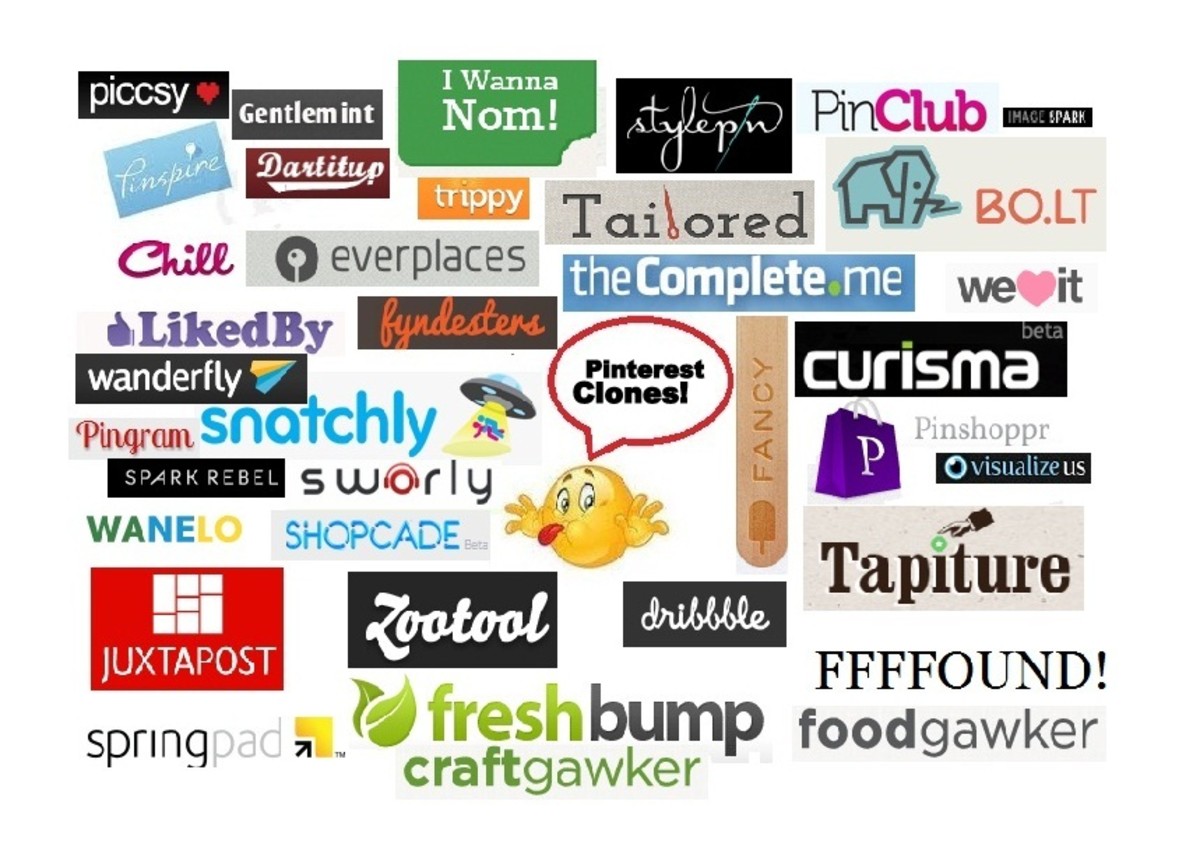- HubPages»
- Business and Employment»
- Marketing & Sales»
- Internet Marketing
Why Your Company Must Have a Social Media Policy

Have a Well-Documented Social Media Policy
Most businesses believe social media is a great way of marketing their products and services, and attracting and retaining customers.
At the same time, there is no dearth of examples of social media gaffes that caused severe embarrassment to businesses and even government agencies. Whether it is Papa Jones promising to donate $1 to The Salvation Army for each like, comment or share on their Facebook post or Air America using automated tweets to respond to questions from their customers, businesses of all sizes have made social media blunders. To avoid such mistakes from happening, business need a social media policy.
Read on to find out why it is important to have a well-documented social media policy and ensure everyone involved is aware of it.


Understanding the Impact of Social Media
Your target audience is there: According to Pew Research, 71% of internet users were on Facebook in 2024.
They are there more often than you may think: Around 70% of the people who have a profile on Facebook engage with the site on a daily basis. Around 45% do so several times a day!
Platforms are diverse: Do you believe social media ends with Facebook and Twitter? Well, think again. Instagram grew by 50% between March and December 2014 and is now bigger than Twitter, with a user base of more than 300 million. Pinterest has also gained popularity over the years.
Your target audience is waiting, but you have to get there: More than 70% people follow brands on social media. They look out for new products, special offers, customer support and interesting updates on the company.
The New Jersey Social Media Case
Recently, Pearson’s flagging of a New Jersey student’s social media account for discussing PARCC test questions became a national issue. The company faced severe criticism from parents for monitoring the social media accounts without informing them. This situation could have been easily avoided with a clearly laid out social media policy for students.

Ensure Only the Right Content is Shared
Just like other media channels, social media is a place where you would want your brand to get highlighted for right reasons only. You don’t want to share content that would create a negative perception about the business or brand.
When two of Domino’s Pizza employees created a video showing them preparing pizza in very unhygienic way and shared it on social media, the company drew a lot of flak on social media. This could have been avoided with a social media policy.
Prevent Lawsuits
A social media policy can help your business avoid potential lawsuits and litigation costs by ensuring that your employees don’t share content that they are not authorized to or content that is copyrighted by someone else. The policy must lay down clearly the guidelines about the content which your employees are authorized to share. There should be a clear differentiation of confidential content which can’t be shared, such as information about clients, products etc. Additionally, there can be guidelines about regulatory disclosures.

Improve Engagement
The goal of any social media marketing activity is to attract and engage with existing and potential customers. It is an open platform which puts more trust on individuals and personal views than official views of business leaders and spokespersons. Moreover, relying only on few individuals like the CEO or social media manager can prove detrimental because of the sheer volume of comments, questions or issues that may come up. A well-defined policy and proper training will ensure that everyone in the company can participate in social media activities and improve the level of engagement.
Maximize Customer Satisfaction
Social media is being used by various companies to provide customer service and solve customer complaints and issues. However, social media has its own limits and everything can’t be solved on Facebook or Twitter. A social media policy detailing the level of service that customers can expect on social media platforms will ensure that a customer is not dissatisfied.



